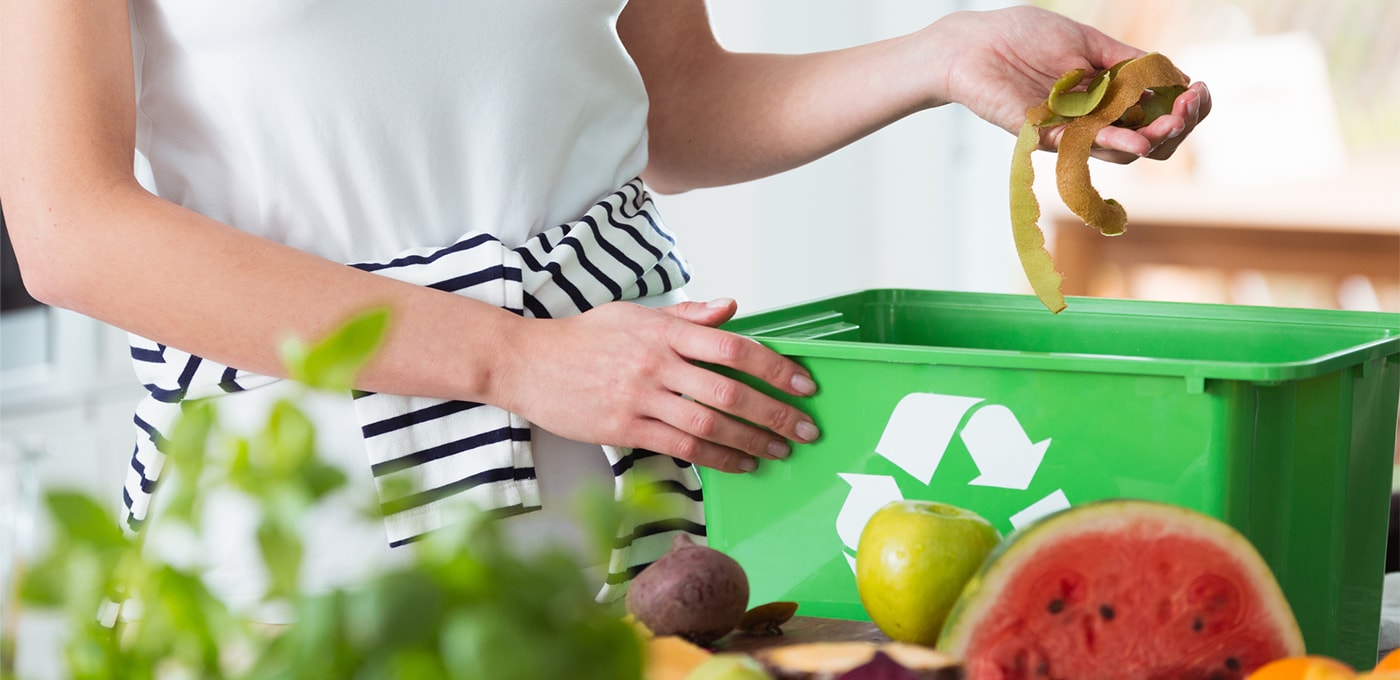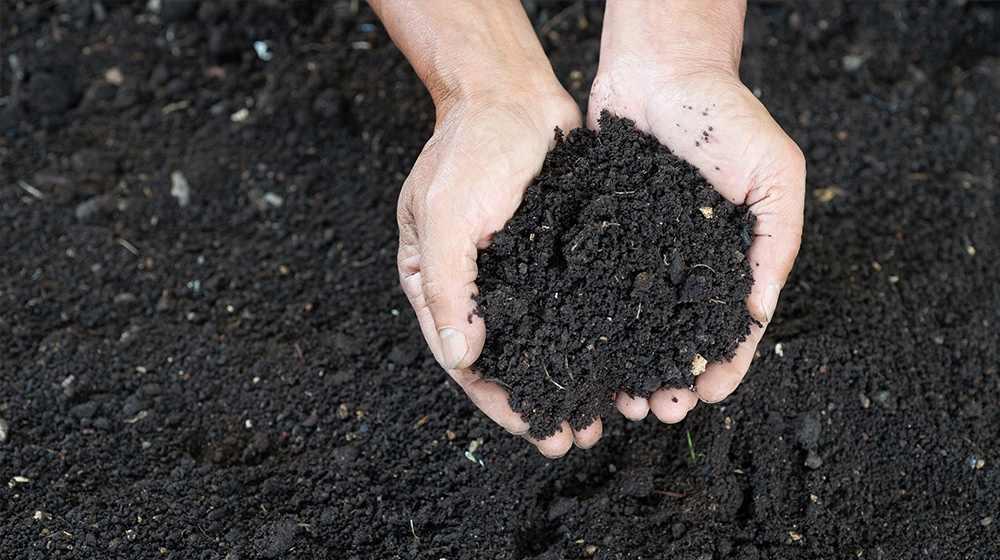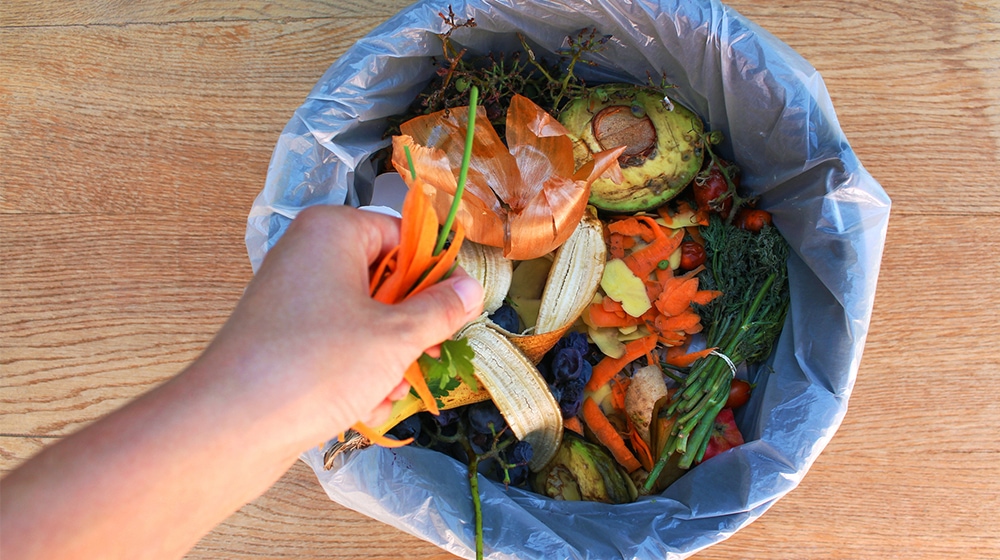Are Walnut Shells Good For The Garden
California Walnuts is a huge fan of the environment, and if you're someone who cares about the environment too, loves to garden, or has a fridge full of old leftovers, this article is for you. So why compost? When it comes to growing quality walnuts, nutrient-rich soil is of utmost importance and only adds to the longevity of walnut trees. You can improve the quality of your soil too through composting. Composting also provides you with a natural alternative to dumping much of your home's waste into a landfill, but it can be hard to know just how to get started. To help you out, this article will tell you everything you need to know about composting, no matter where you live!
What is Compost?
Compost is a compound combination of waste from your home that naturally breaks down when stored and maintained properly. Think of composting like recycling, only with organic materials. These may include food scraps, discarded paper, textile, wood items, yard waste and more. Don't worry if you don't quite have a handle on what is and what isn't compostable yet. We've got a full list of materials you can and can't compost towards the end of this article.
Fun Fact
Around a third of what we normally throw away in our weekly trash could (and should) be composted.

What are the benefits of composting?
Limit your Landfill Contributions
Organic material you throw in the trash eventually ends up in a landfill. This is a problem because it takes up landfills space reserved for non-biodegradable items, such as plastic or Styrofoam. Composting helps you do your part to avoid overcrowded landfills.
Enriched Soil
In your garden or backyard, compost can be a natural fertilizer for your plants. Plus the soil and flora surrounding your home will retain moisture, repel pests, and ward off disease. It also helps avoid the use of chemically-heavy, artificially-produced fertilizers, possibly harmful to your plants and the environment.
A Fungus Among Us
Compost promotes the growth of fungi and bacteria needed to break down organic matter and restore nutrients back to the earth.
What Can I Compost?
Let's start off with what you CAN compost:
- Any form of produce
- Egg shells
- Coffee grounds, filters and tea bags
- Paper and cardboard
- Yard waste – trimmings, grass, leaves and others
- Discarded indoor houseplants or flowers
- Sawdust and wood chips
- Cotton, wool or lint
What you CAN'T compost:
- Ash from charcoal or coals
- Dairy products
- Coffee grounds, filters and tea bags
- Diseased plants
- Fats, oils or grease
- Meat, meat scraps or bones
- Feces or litter
Even though walnut shells are not able to be composted, they do make great ground cover in place of bark. For a full list of composting do's and don'ts, check out the EPA website!

How to Compost Outdoors
You can store your compost openly in a pile outside, or in a dry location under some shade. As a general rule of thumb, compost items as large as a deck of cards, cutting down any large compostable materials to approximately that size.
You'll also want an available water source on hand to moisten dry materials added to your compost. Generally, you'll want to keep vegetables and fruits at the bottom of the compost pile, along with items such as egg shells, while keeping grass and green clippings at the top. Not only will organizing the pile this way help reduce any unpleasant odors, but it will also allow you to create wonderfully enriched, pre-fertilized soil. from your compost pile. Somewhat regularly make the effort to "till" your compost to ensure everything is composting correctly. The darkest parts of the compost will probably be the most "soil-like," so use those parts first.

How to Compost Indoors
Apartment dwellers, rejoice! You don't need a backyard to reap the benefits of composting. With a little research you can find compost bins specifically made for indoor use. As long as you properly store your compost and bury food waste underneath paper and cardboard waste as much as possible, you won't attract pests or experience unpleasant odors from your compost.
Composting is one of the best low-maintenance ways you can contribute to a better planet. It's simple, affordable and has a high impact, in addition to bringing benefits back to you!
Are Walnut Shells Good For The Garden
Source: https://walnuts.org/blog/balanced-lifestyle/how-to-compost-at-home/
Posted by: gentilelovent.blogspot.com

0 Response to "Are Walnut Shells Good For The Garden"
Post a Comment